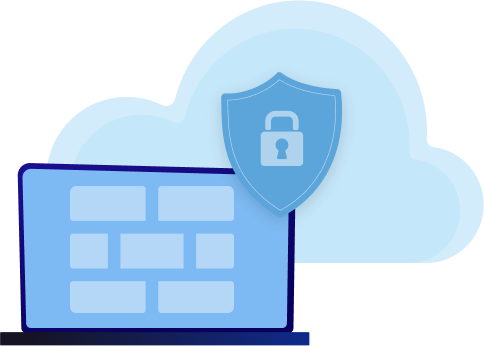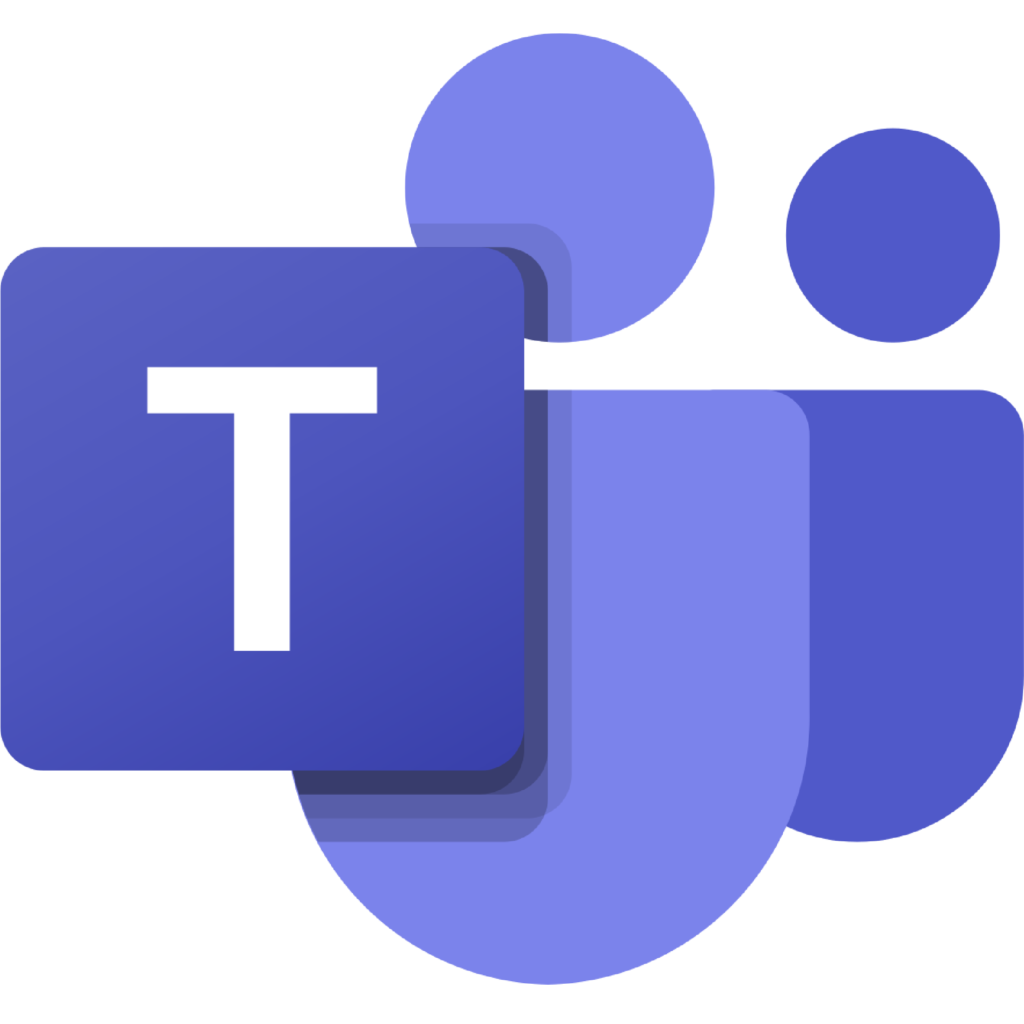Using Skype for Business (Lync), the client interacts with the Exchange server to obtain meeting information. In order to implement this connection, the deployment of Skype for Business requires Exchange Web Services (EWS) published externally to the world.
This exposes the client to several threats:
- The deployment of EWS includes an authentication service, thus exposing the network to account lockout in case of a DDoS attack.
- The EWS service allows for retrieving events, mails and attachments, tasks and contacts. Therefore, once exposed, all the Exchange data is also exposed.
So, for example, users using Outlook Web Access (OWA) have access to their full mail data, creating the risk that an attacker with valid AD credentials will also obtain access to the users’ organizations’ mail by using this services.
To minimize this risk, SkypeShield blocks any request for information that arrives from a device that is not registered, and adds a Two Factor Authentication (TFA) layer for the Exchange.
SkypeShield is based on a Two Factor Authentication using the client’s password and device. Thus, unauthorized use of the user’s credentials will not be sufficient to connect to Lync or Exchange without having access to the device itself. This also allows for restricting the usage of these services to approved or registered devices only.























